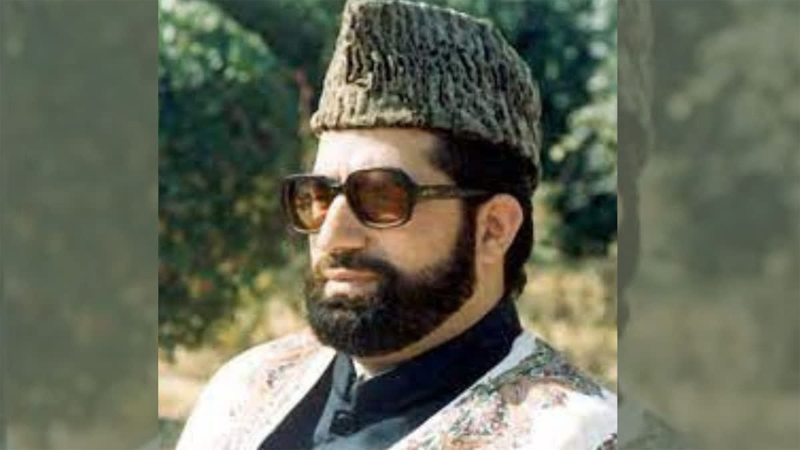Two Hizbul Mujahideen militants who had been evading arrest for over three decades have been arrested by the State Investigating Agency in connection with the assassination of the late Mirwaiz Molvi Muhammad Farooq. The investigation into the case revealed that Hizb commander Abdullah Bangroo had conspired to kill Mirwaiz, and the arrested duo had gone into hiding in Nepal and Pakistan before surreptitiously returning to Kashmir a few years ago. They will now face trial in a designated TADA court in Delhi.
Overall, the assassination of Mirwaiz Farooq in 1990 had far-reaching consequences, including an escalation of violence, polarisation of communities, and a significant impact on the security dynamics and political landscape of Jammu and Kashmir after the migration. The assassination marked a turning point in the insurgency in Jammu and Kashmir. It led to an escalation of violence and a surge in militant activities in the region. The incident fuelled sentiments of anger and resentment among the local population and contributed to the rise of militancy. It led to the loss of a prominent political figure and religious leader, creating a void in the leadership and influencing the dynamics of political parties and movements in the region.
Several prominent militants are currently facing trials in Kashmir. These trials are part of the ongoing efforts by law enforcement agencies to bring those involved in militant activities to justice. The trials aim to hold individuals accountable for their alleged involvement in various acts of terrorism and violence in the region. These legal proceedings play a crucial role in upholding the rule of law, ensuring due process, and maintaining peace and security in Kashmir.


